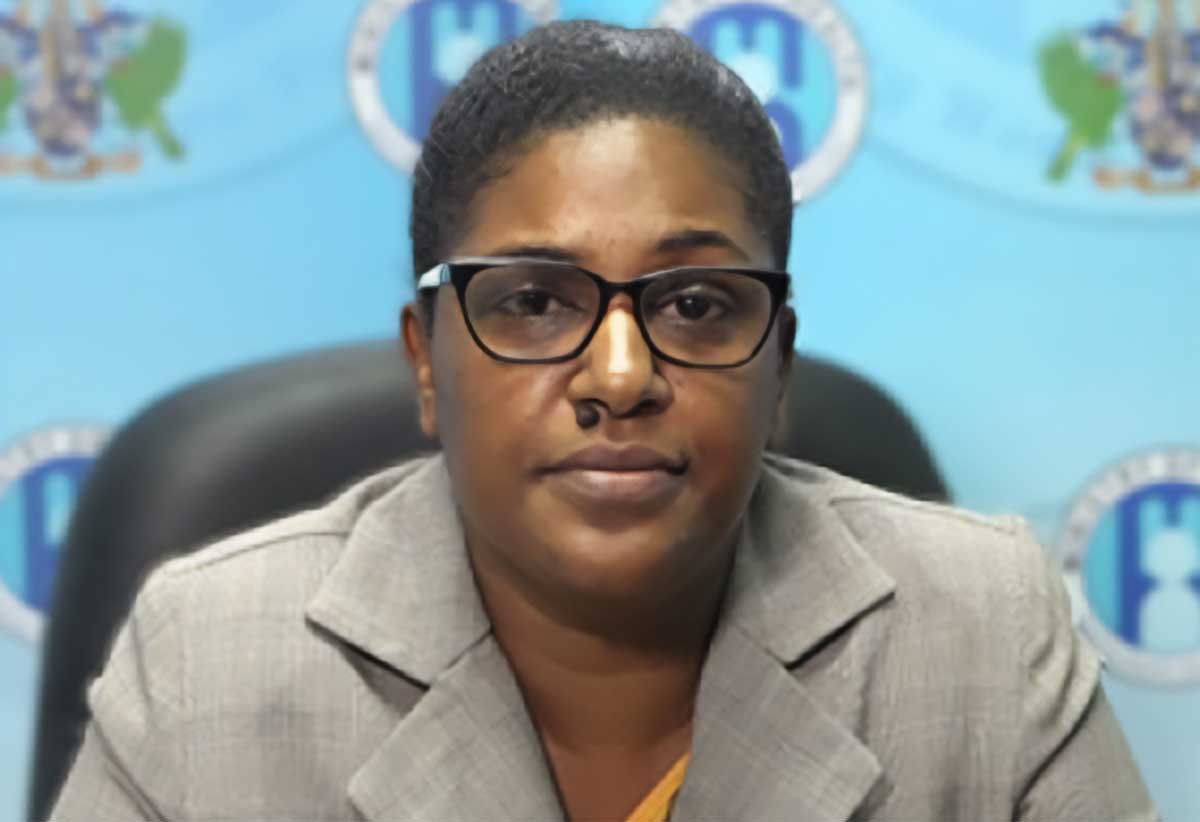
FOLLOWING last week’s declaration of a Dengue fever outbreak, the Ministry of Health, Wellness, and Elderly Affairs, through its Environmental Health Division, reaffirms its commitment to controlling the mosquito population across the island. The Ministry is focused on immediate and long-term interventions to combat the spread of the disease, with the Aedes aegypti mosquito identified as the primary vector responsible for transmitting dengue fever.
The Environmental Health Division has been actively engaging with communities to control mosquito breeding sites and mitigate the risk of further outbreaks. Glenda Etienne-Cepal, Environmental Health Officer, emphasised the Ministry’s strategic response, “Our team has been working closely with the Epidemiology Unit to monitor the dengue trend and implement targeted interventions. We are treating water containers to disrupt mosquito larvae’ development and applying insecticides to control the adult population. These measures are essential for providing immediate relief, but we need the community’s involvement for sustainable results,” she said.
The Ministry of Health is also leading public education campaigns, including community meetings, school sessions, and roadshows, to equip citizens with the knowledge and tools necessary for effective mosquito control. These initiatives aim to empower communities to take control of their environments and safeguard against mosquito-borne diseases.
Etienne-Cepal highlighted that while these efforts provide short-term control, the long-term solution relies on consistent community participation. Transitioning to the importance of public involvement, she added, “The active participation of every Saint Lucian in eliminating mosquito breeding grounds is critical. We urge everyone to take responsibility by removing containers that collect rainwater and conducting weekly inspections of their surroundings, especially after rainfall,” stated Environmental Health Officer, Glenda Etienne-Cepal.
The Ministry encourages all citizens to adopt these preventive measures, collaborate with the Environmental Health team, and take advantage of the educational programs available. By working together, we can significantly reduce the risk of dengue and create a healthier environment for everyone.













